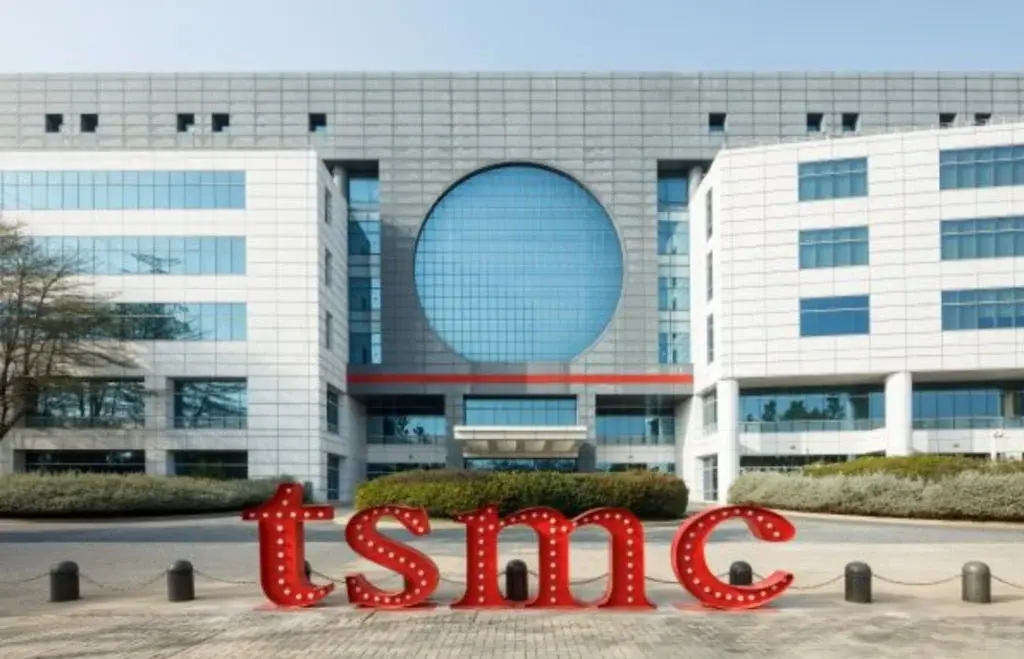TSMC, the prominent semiconductor manufacturer globally, has declared that its advanced packaging capacity has been completely reserved for the next two years. This announcement coincides with Nvidia, AMD, and Guanghuida securing TSMC's cutting-edge packaging technologies for their high-performance computing (HPC) endeavors.
Growing Demand for AI Processors
The emphasis on high-performance computing is driven by its crucial role in supporting artificial intelligence (AI) tasks. TSMC foresees a substantial revenue increase from AI processors, with estimates suggesting a doubling of revenue just this year. Projections indicate that over the next five years, the compound annual growth rate for AI chips will reach 50%, with AI processors anticipated to contribute more than 20% of TSMC's revenue by 2028.
Key Players Embrace TSMC's Technologies
Nvidia and AMD have both secured TSMC's Chip-on-Wafer-on-Substrate (CoWoS) and System-on-Integrated-Chip (SoIC) advanced packaging capacities for their respective products. Nvidia's flagship H100 chip, produced on TSMC's 4nm process, utilizes CoWoS packaging. In contrast, AMD's MI300 series, fabricated using TSMC's 5nm and 6nm processes, employs SoIC for CPU and GPU integration before incorporating CoWoS with High Bandwidth Memory (HBM).
Guanghuida, an emerging player in the AI chip market, has also reserved TSMC's packaging capacity. Their H100 chips, powered by TSMC's 4nm process and CoWoS packaging, feature SK Hynix's HBM for improved performance. Furthermore, Guanghuida's latest Blackwell architecture AI chip, based on TSMC's advanced 4nm process, showcases upgraded HBM3e memory, doubling the computing power compared to earlier versions.
Meeting the Escalating Demand
The increasing demand for AI chips is being fueled by major global cloud service providers like Amazon AWS, Microsoft, Google, and Meta, all striving for dominance in the AI server sector. To tackle shortages from leading manufacturers such as Nvidia, AMD, and Guanghuida, these cloud giants are turning to TSMC to fulfill their orders, contributing to the chipmaker's positive revenue forecasts.
To address this rising demand, TSMC is enhancing its production capacity for advanced packaging. By the year's end, CoWoS monthly production is expected to triple, reaching 45,000 to 50,000 wafers, while SoIC capacity is set to double, hitting 5,000 to 6,000 wafers. By 2025, SoIC monthly production is projected to double once more, reaching 10,000 wafers.
The full booking of TSMC's advanced packaging capacity signifies the rapid pace of innovation in AI-driven computing, with key industry players strategically positioning themselves to leverage this burgeoning market.


Leave a Reply